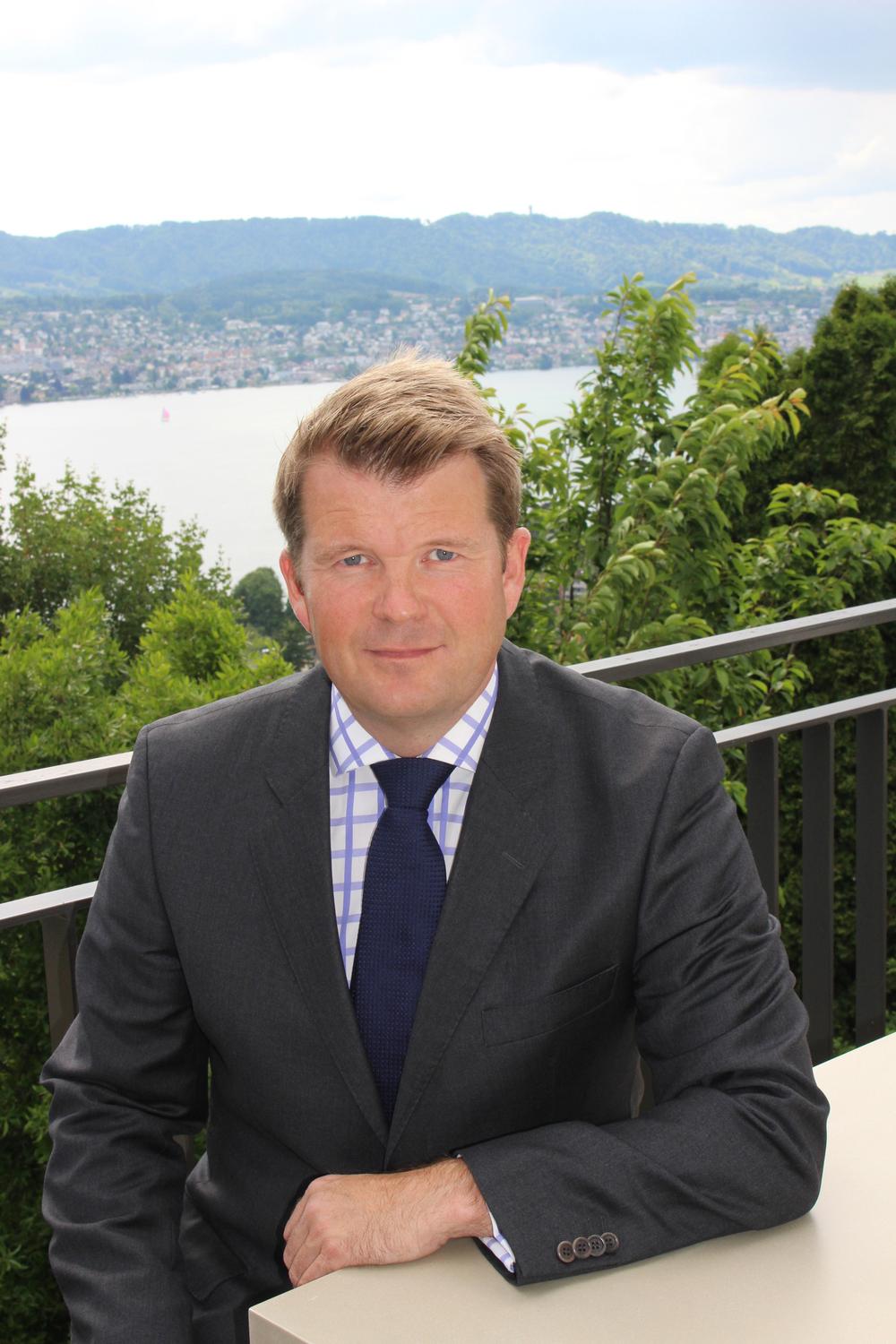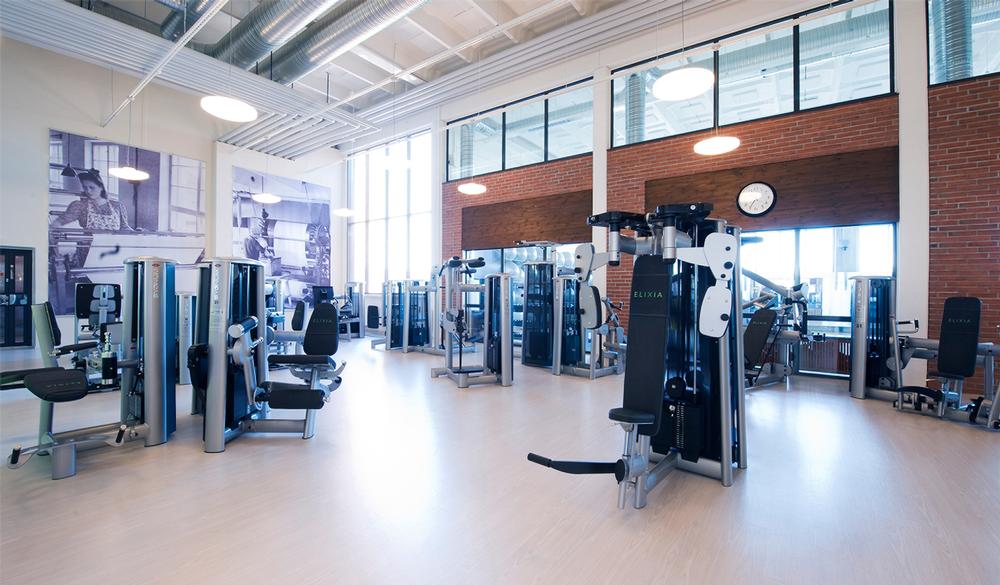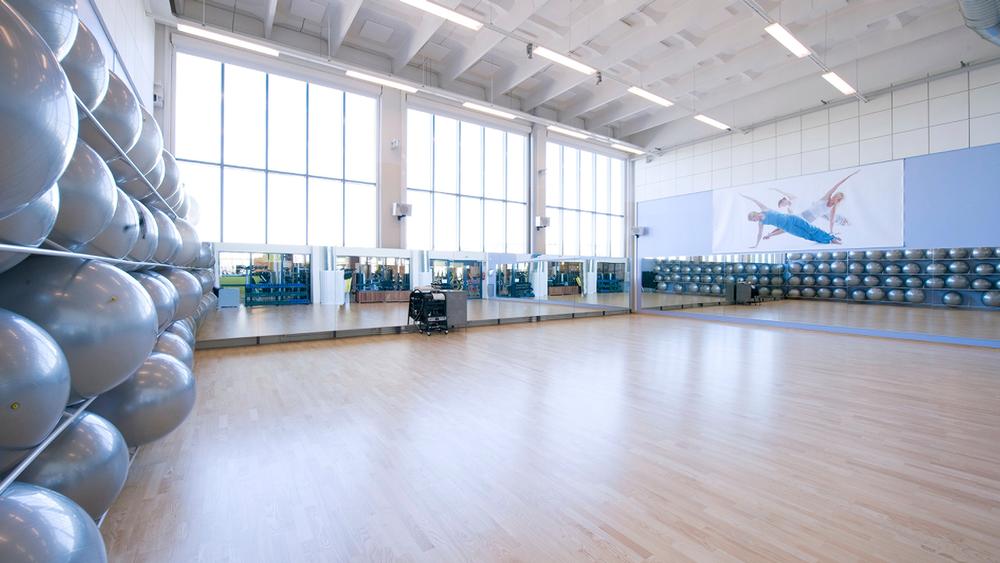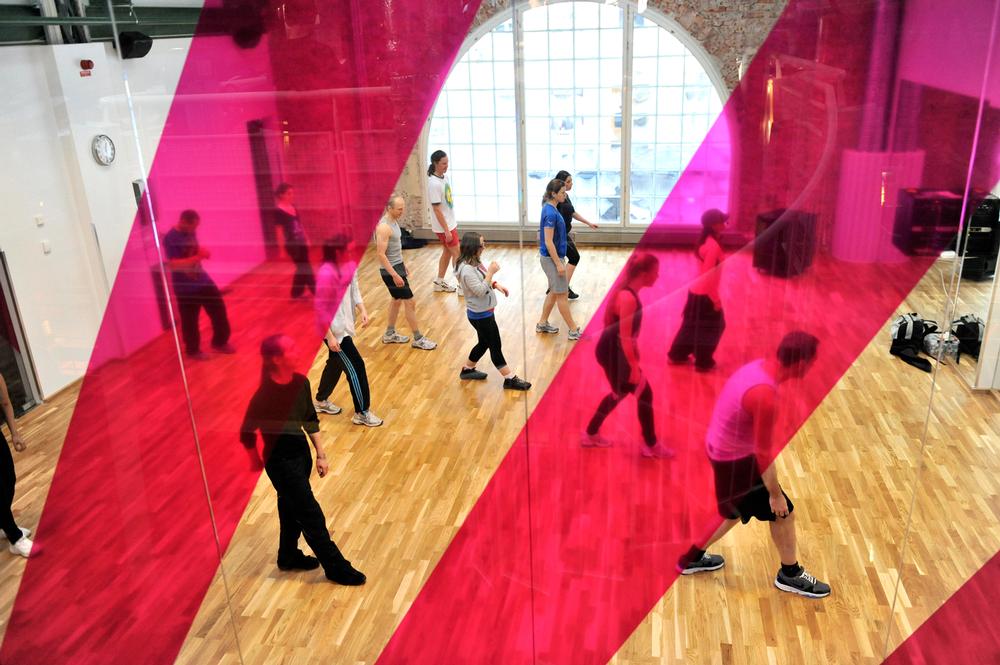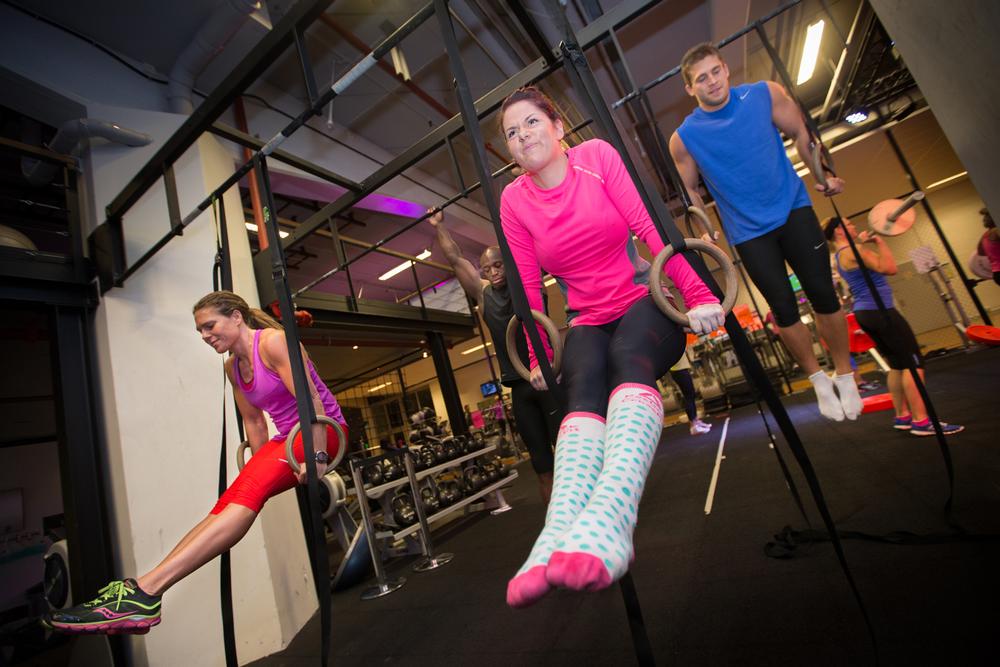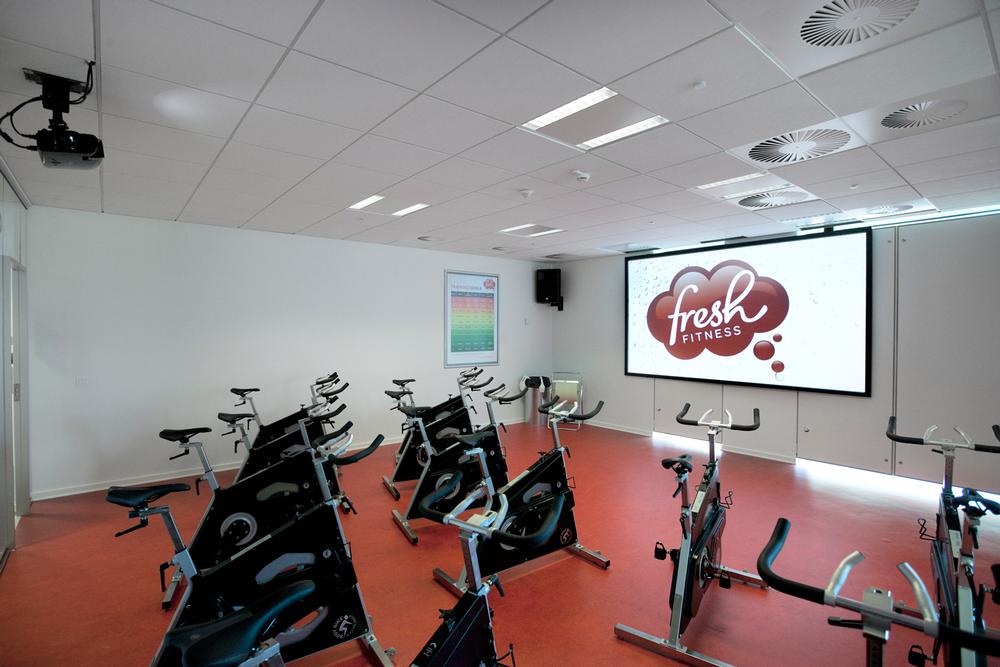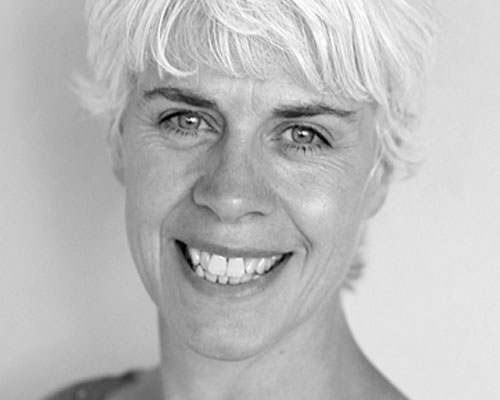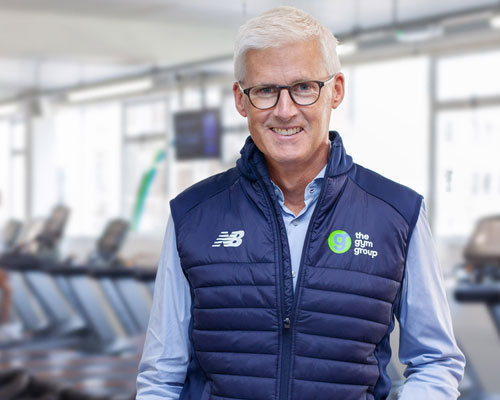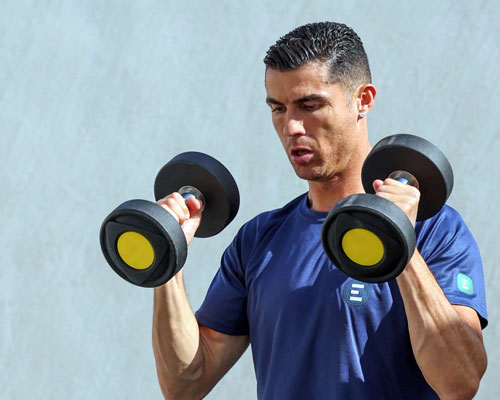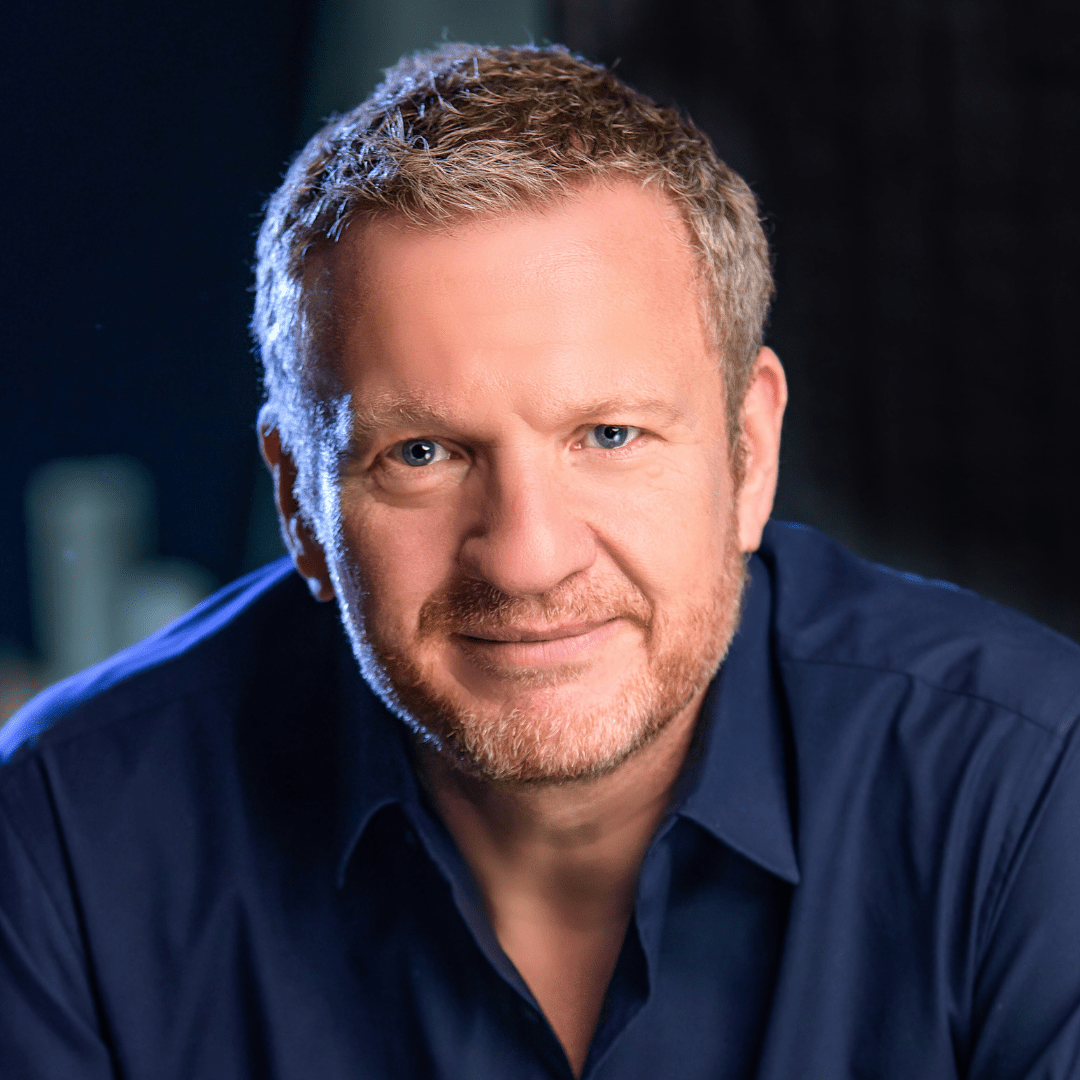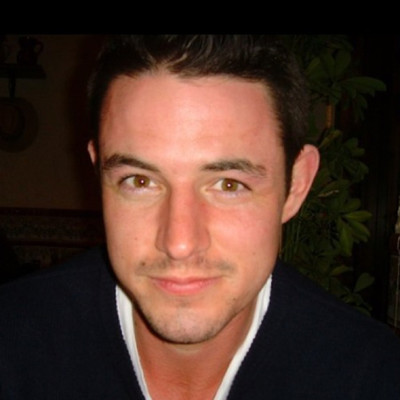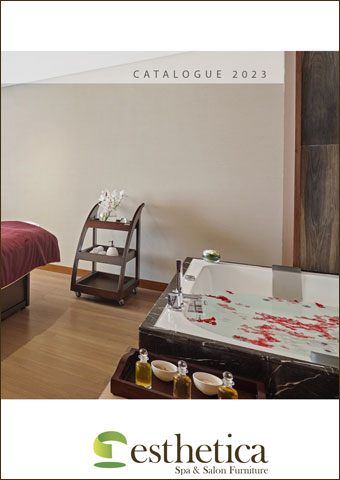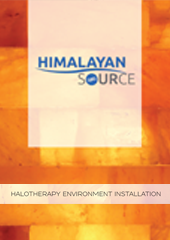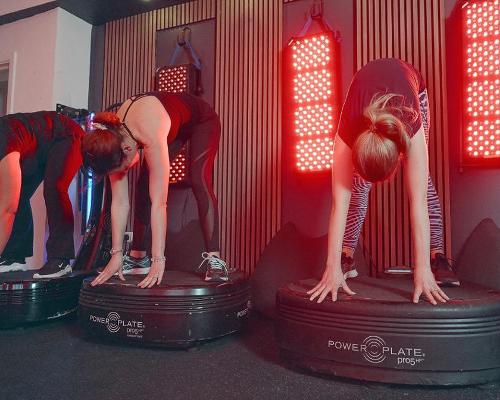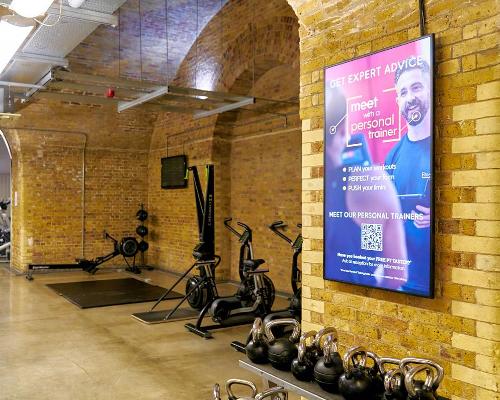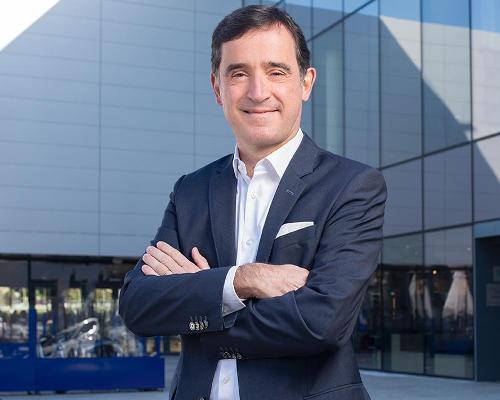features
Interview: Reynir Indahl
The senior advisor for Altor Equity Partners, and chair of Health & Fitness Nordic, talks to Kate Cracknell about the disruptive influence of technology, and the fundamental need for businesses to be useful
The whole global fitness industry seems to be behind the curve on technology,” says Reynir Indahl, senior advisor for Altor Equity Partners – the private equity firm that last month completed the merger of Scandinavian health club chains SATS, Elixia and Fresh Fitness following a year-long anti-trust process – when I meet him on a flying visit to London.
“Operators have been thinking of themselves as suppliers of a physical gym product, but we have to turn this around. Gyms will always be a key part of what we offer, but the end consumer is changing and we need to look at things from their perspective, making sure we harness our resources in a way that addresses their needs.
“Customers simply want to reach their goals, sometimes training outdoors, sometimes indoors, sometimes while they’re away on holiday, sometimes when they live in a place where there’s no gym. They want to know if they’re improving and on-track to reach their goals, and they can do that much better digitally. That’s where our new technology strategy comes in, whereby our physical gyms will become just one of the products we offer – and hopefully over time not even our biggest product.
“That’s a major departure, essentially moving from a club-centred model to a customer-centred model, and it’s something the whole sector needs to do. If we’re not able to get out of the box – and I mean that physically – we’re missing huge growth opportunities. But I see very few operators internationally who have achieved that shift. Coming into this sector, I’m a bit surprised by how old-fashioned it is. The industry is running the risk of being completely disrupted.”
Saturation point?
Indahl, now chair of Health & Fitness Nordic – the parent company under which the SATS, Elixia and Fresh Fitness brands continue to operate – may not have previous fitness industry experience, but his words are to be heeded. A business degree was followed by a stint at management consultancy McKinsey, then an MBA at Harvard, after which he ran a technology company.
Joining Altor when it launched its first fund in 2003, he has since been involved in a number of technology company investments where the focus was on “growth, getting into new markets, launching new products”.
Indeed, Altor’s philosophy is to target companies where it can have a marked impact on growth or improvement. “We’re very active investors, getting involved in creating strategies and setting targets. Ours is a 15-year fund, but we typically bring in a lot of changes in the first two to three years, so we tend to divest after five to seven years,” explains Indahl.
The acquisition of SATS, Elixia and Fresh Fitness marked Altor’s first venture into the fitness market, and the fund’s second biggest investment to date, with the combined Health & Fitness Nordic now the biggest fitness operation in Scandinavia and the second largest in Europe – 196 clubs following anti-trust divestments, 567,000 members as at March 2014, and a turnover of NOK2.8bn (US$468m, €345m, £278m) in 2013.
So what drew Altor Equity Partners to the fitness sector – arguably a fairly saturated market for a fund looking for strong growth?
“I think the whole notion of saturation is wrong,” says Indahl. “The market has strong growth potential, with people nowadays much more focused on being fit and well. The question is whether we have the right product, and I’m not sure we have. But the market itself is a very attractive one.
“It’s over-saturated in the key cities of the Nordics from the perspective of square metres of gym space, especially in the mid-premium segment, so I don’t think opening more gyms is necessarily the answer. But it’s definitely a growth market if we can create the right product.”
Product overhaul
What, then, would that “right product” look like, both in terms of the customer-facing offering and the business model behind it?
Certainly Indahl sees strength in the business as it stands, with high brand awareness among the general public and “a very, very strong presence in the key clusters of Stockholm, Helsinki, Oslo, Stavanger, to name a few of the key cities”. He also highlights the group exercise offering as worthy of mention, with 70 per cent of members regularly taking part in classes.
He continues: “Strategically, we also have the low-cost operation Fresh Fitness in our portfolio, and that’s enabling us to compete in a different segment of the market.
“But that leads me onto our main weakness: the fact that, with SATS and Elixia, we have a ‘one price fits all’ mid-premium product – one price, one typical format. Value for money in the product is being strained – either it’s too expensive for those who aren’t doing group exercise, or it’s actually too cheap for those who do a lot of classes – and the whole model is very, very hard to target.
“Going hand-in-hand with that, we have too high a market share of mid-premium clubs in the Nordics, leaving space for the more innovative low-cost players and niche players to grow. That’s a fundamental challenge we must address.”
So how will they go about this? “We need to be much, much more differentiated, and I believe we have the scale and the brands to do that. We’ll use Fresh Fitness to fight in the low-cost segment, and on the SATS-Elixia side we’ll probably create a limited number of premium clubs in the main cities.
“But our main product – which I think over time will fall under one brand rather than separate SATS and Elixia brands – needs to be much more differentiated. We’ll create different formats, with smaller clubs alongside the larger sites to fill the gaps within each key cluster, ensuring we’re geographically close to customers. We’ll take the next three to five years to migrate into what we think is an optimal footprint.
“We’ll see how ‘micro’ the clubs become, but we’ll certainly vary the format to a much larger degree. We could have some group exercise-only gyms, for example, or personal training studios, or cardio-only clubs. We’re thinking about yoga studios too, and maybe specialist cycling venues. We’re looking at how we better integrate indoor and outdoor training too. But whatever we do, I want to keep everything within the family so the customer can always choose to go wherever he or she wants.
“In addition, we’re looking at our pricing model to make sure the customer, whatever they pay, gets value for money – and I don’t think that’s the case today. If you don’t do group exercise, if you don’t have children in the daycare centre, why should you pay for it? On the flip side, if you want to book into popular classes, perhaps you’ll pay a booking fee to guarantee a spot.”
Welcome to our world
He continues: “We’re looking into the corporate market too, at companies that want some kind of programme for their employees as a way of reducing sick leave. We’ve traditionally had very poor products for that market – we’ve essentially just offered them a discount for their employees to become members of our clubs, instead of really trying to understand employers’ challenges and developing products for them. But we have some very cool programmes now, including using apps and gamification to make it fun to participate, and it’s working really well.
“And even for our general members, I want to get away from the idea that you become a member of a club. Instead, you become a member of the SATS world – and that might even mean you don’t attend a physical club.
“What I want is for members, wherever they may be, to come to us as their destination for the resources and information they need to reach their health and fitness goals. I want us to have the best technology, the best information, the best resources. Members should be able to stream our group exercise classes into their homes. We should have specialised one-to-one programmes, online personal trainers, we should follow up on activity tracking data… Anything and everything we can do to give people the encouragement they need.
“I also want our personal trainers to be much more like key account managers than PTs. If you look at the education sector, it’s been completely transformed by technology: it’s much better to sit at home watching a lecture on YouTube and then, when you’re in the classroom, to actually work together and learn from each other.
“It should be the same in the fitness industry. If we have good enough systems, it would be much more affordable for the customer to do a few exercises on their own, with PTs using their competencies to monitor results and track progress. I want our PTs to spend the majority of their time following up with customers, whether that’s congratulating them or encouraging them to get back to their programme, and only occasionally training with them.
“We’ll have members who pay just £2 a month and others who’ll pay £300, and we’ll see where it averages out. Above all, each member has to feel they’re getting good value for money.”
While currently focused on developing the right products for the Nordic market, could all this ultimately lead to a global reach rather than a purely local audience? “If it works in the Nordics then yes, quite possibly. We don’t need to own all of it – we’re already in conversation with overseas operators to see if we can do something together – but I think we’ll have a minority interest in some technology companies, so it’s something we could potentially white label for other operators. We’ll see how that develops.”
Social connections
But it’s not just about technology for Indahl: “Our physical gyms remain extremely important, however much I talk up the digital strategy. We live in a digitised world where real intimacy and connections are fading away. Our gyms provide that social contact, which is something that can’t be replaced by digital means. However, you do need a strong synergy between the two.
“For example, I want us to become an excellent platform for self-organising groups – connecting and co-ordinating people who want to train together outside the club. Maybe there’s no gym in their community: we can provide a platform for them, offering education and follow-up as well as linking people together using social media.”
He continues: “We could even liaise with former athletes, employing them in some way whereby they offer group exercise classes and education, both inside and outside our gyms.
“Ultimately we have to integrate much more with the local community – local sports clubs, the after-school market, creating products for the elderly. We can’t just create nice gyms for affluent parts of society if we’re going to make a difference.”
Being useful
There have been quite a few mentions of ‘making a difference’ throughout our interview, so I ask Indahl to elaborate on his personal approach to investment. “My philosophy is to select companies that have the potential to contribute to society,” he says. “That should be the very purpose of business, but we’ve somehow forgotten that over the last 20–30 years.
“When you look at the fitness industry, for example, it has a huge potential to contribute to society, but to date I don’t think it’s been particularly useful. Its impact on public health has been marginal – you can’t even see it in the statistics and trends over the years. We’re not doing any research on what’s making people healthier, not putting the data together, systemising it or using it to develop a useful product. We’re just looking around and picking up the latest new idea without even knowing if it’s actually the best way of helping people reach their goals.”
He continues: “As a general rule, the fitness industry has been far too focused on how to squeeze the last dollar out of every customer, instead of thinking in a customer-centric way. But I’m not too focused on revenue per member – for me, number of members and how long they remain a member is much more important. My strategy is ‘a member for life’, and you can only achieve that by being genuinely useful to people. I want to have products that develop with our members: wherever they live, whatever they can afford, whatever their training needs or goals, we’ll be able to follow them throughout their changing needs and lifecycles and keep them as a member for life.
“I recently challenged our management team to spell out what would define our success in five or 10 years, and all the usual answers came up: revenue growth, market share, EBITDA. In my view that’s all very fine, but as the number one player in the Nordics with half a million members, if I can’t see the health statistics of the Nordic countries shifting – evidence that we’re making an impact – in my mind we won’t have been successful.”
He concludes: “SATS and Elixia are two of the largest, most profitable fitness players in the world – I think there are very few others that have been as successful financially – but I still view it as a turnaround project for us. But the problem is, I don’t think the industry sees itself as being in need of a turnaround.
“I personally believe the train has already left the station and we have to run extremely fast to catch it up and jump on the last carriage, and a large part of the fitness industry hasn’t even realised that. I do think we can accomplish it, but it’s a hell of a job.
“We have to completely shift the mindset of the whole sector. If not, we’ll be disrupted and will prove the world right that we are indeed a mature, stagnating market.”
